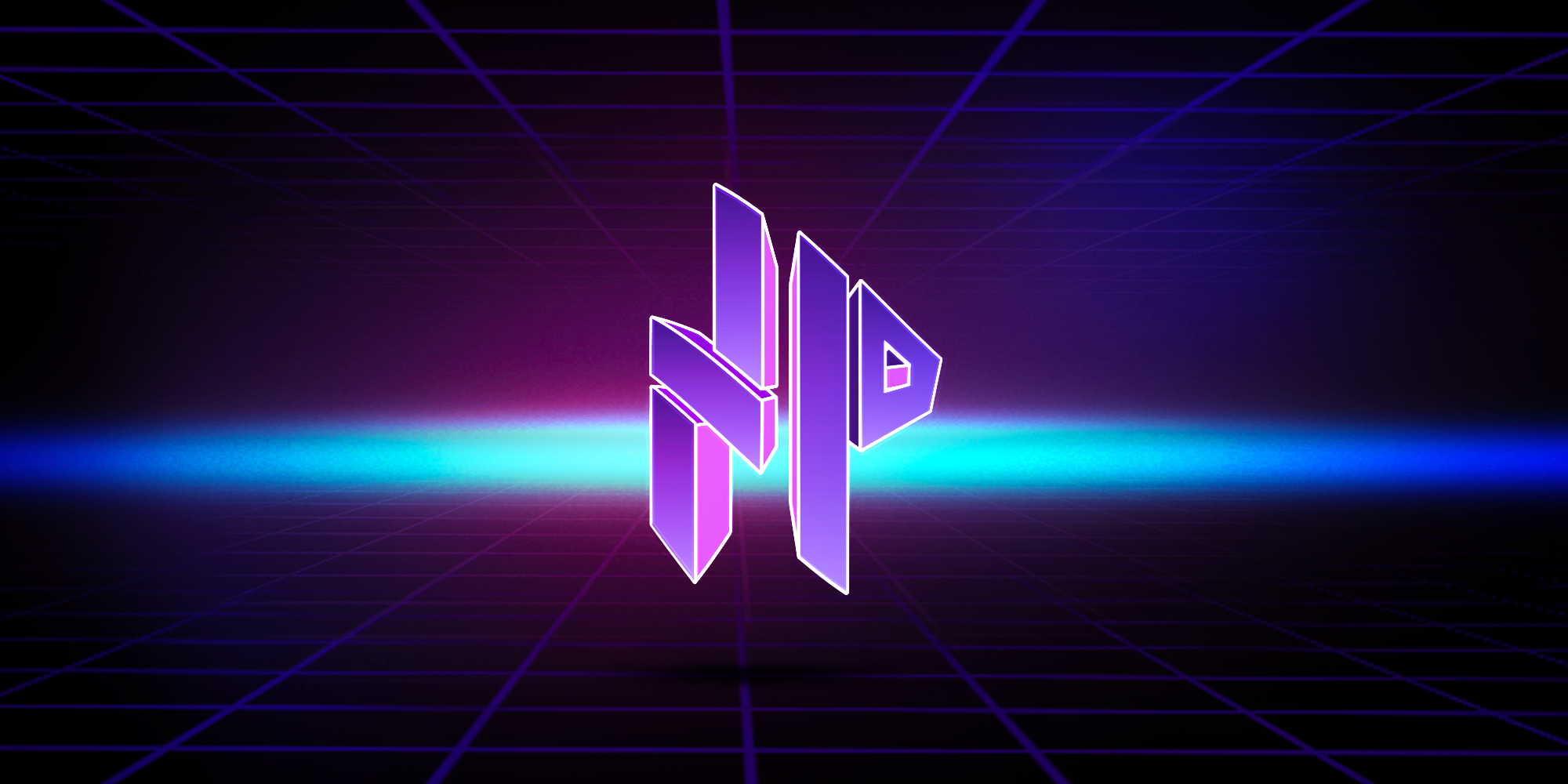
This has been the single most turbulent year of my entire life. On every level. But what I need to talk to you, our immersive community, about is the moment we’re in right now.
Last Friday, we published our most recent podcast episode. That morning our guest reached out to me, asking if maybe it would be better to hold the episode. I made the call then to carry forward, saying in the episode’s opening monologue that “in my years working in public media, I’ve held a lot of arts & entertainment content, and other examples of what we’d call ‘soft features’ when tragedy strikes.
“And let’s be clear — the deaths of George Floyd and Breonna Taylor at the hands of police in Minneapolis and Louisville, respectfully — are tragedies. Avoidable tragedies that are, infuriatingly, all too routine in America. Tragedies that are inflicted acutely on the African American community, but whose fallout impacts all of us, because of political fault lines that run back past the founding of this nation.”
We published that last podcast episode, and then, as events unfolded, went dark. As publisher, I made the call that now was not the time to signal boost ticket sales for entertainment, to not distract from the moment when the newsman in me (I was in public media for 25 years) felt like our audience should at the very least be bearing witness. If they needed a respite, they have our back catalogue and hours of programming we released in the past two weeks.
No Proscenium is an arts & entertainment publication. It’s never really clear what the role of A&E pages, and indeed what the role of the entertainment industry is, in moments of crisis. Good faith reactions can spin out of control, or have unintended impacts.
Take, for example, the #theshowmustbepaused virtual vigil this week that took place on Tuesday, June 3rd.
What started a few days earlier as a project by two Black women record executives at Atlantic Records to get artists and labels to stand down from self promotion — Tuesdays are the traditional start of the media hype cycle, with both records and books released on Tuesdays — got picked up by other artists and who knows else. The hashtags for #blacklivesmatter and #blackouttuesday were added. An infographic that wasn’t from the original organizers quickly outpaced their work.
When thousands started posting black squares with these hashtags on Monday night, it had the effect of pushing down the voices of Black organizers who rely on the #blacklivesmatter hashtags on Instagram to get word out.
An action that was intended to give space to Black voices had the exact opposite effect.
And you know what? I got caught up in it, too.
I’d seen the original circulating a few days ago in the musician circles I follow, with the #theshowmustbepaused tag. We’d already paused NoPro on Monday, issuing our own “we’re giving space” message across our social media.
It was something I was reluctant to announce, as I’d rather just do things than ever be seen to be making an attempt to do things. Growing up in the Bay Area in the 80’s and 90’s and watching the Iraq War protests fizzle out left me with an aversion to words over action. (I know, ironic, as I never shut up on the podcast and I’m typing out an explainer. Trust me. I’d rather be screaming in a corner and signal boosting the news on Twitter right now.)
As I saw the squares propagate through our community, I made the choice to have NoPro join in. At first without the hashtags, as I didn’t want to gum up the search results. A few minutes after posting, I felt that maybe I was acting from cowardice. That without the hashtags, I was failing to take a stand. So I put them in. A few minutes after that, I saw the backlash forming among Black voices I have long respected, so I yanked the BLM hashtag so as not to gum up the search results. In the morning, I pulled the #blackouttuesday hashtag as well, as it was rumored to also be affecting the BLM hashtags thanks to Instagram’s algorithm. (We need to have a larger conversation about relying on Instagram for anything, but that’s for another day.) In all cases where they were used, I left the text up without the hash.
All in all, the bulk of this action took place in about 20 minutes, give or take, late in the night on one of the worst days in American history. A day when a sitting President threatened to send our military into cities in order to give the boot to citizens protesting against police brutality under the guise of stopping looting. All the while, flash bangs were going off—which you could hear as he spoke—so that a crowd of protestors could be cleared out for a photo op. A day where a review of Twitter and TikTok showed that law enforcement seems to be less interested in protecting stores than they are in using their riot gear to hurt protestors. A day I spent keeping apace with the news and signal boosting as much as I could. I don’t regret posting the square, but I do regret going against my first instinct to just let it stand alone.
Call it the “action bias” of the Internet. Social media wants our reacts, not our thoughts. Facebook and its ilk don’t make money when we take a moment to center ourselves and make sure we are acting from our core values. They want our untempered passion. Our fractured attention, which prevents us from expressing our will and our best values. To keep us clicking and consuming, and to make sure we’re never fulfilled. (If you want a great read on this, to go along with the Antiracist books some of you are picking up, might I suggest Douglas Rushkoff’s Present Shock. Also look into the psychological warfare philosophy around what’s known as the “OODA Loop.”)
Not that this is something the Internet has done to us. No. We’re built this way. We want to act, hell, we need to act. As a news junkie, it’s why I spend crisis time glued to Twitter acting as a switchboard and aggregator for my personal networks, something I used to do professionally in my public media days. It’s why so many people have taken to the streets.
Yet the actions we take in the short term must be tied to a vision for the long term. Must be rooted in our values. We didn’t get to this moment overnight, and they’re not going to be solved overnight. Four hundred years of history is not redeemed in a single heartbeat.
Get Noah J Nelson’s stories in your inbox
Join Medium for free to get updates from this writer.
SubscribeSubscribe
NoPro isn’t a hard news site. We’re not going to be pivoting to politics coverage any more than we’re going to be “pivoting to video.” But we do have values, our team does have a point of view. It is not homogenous, but I can say with some confidence that our editorial board stands on the side of doing the long work: of acknowledging the fact that politics is downstream of culture and advancing the values of empathy and intimacy that are the structural bias of immersive work.
That doesn’t mean that those structural biases automatically produce just and equitable results. Immersive work, especially immersive technology, can be used to produce fascist and racist propaganda in the same way that film can. Can be used as a blind for other abuses, as some in our community have seen first hand. To fulfill the form’s highest potential, we have to do better. We have to do more, even when it seems like we can’t. Even if at the end of the day we’re a small operation that’s fueled by volunteer efforts and kept alive by the grace of our community.
I tend not to let my politics — which are quite obvious in my personal feeds — take center stage here at NoPro. If for no other reason than I don’t want to abuse the bully pulpit you have given me. Yet I’d be derelict in my duty if I didn’t offer you my honest critique of what this art form offers, and indeed what I think it demands, at the level of cultural values.
Again, here is what I said on Friday’s podcast:
We’ve seen time and again that a medium that engages the whole of a person — that immerses them — has the ability to invoke powerful, even life-changing emotional responses. This isn’t a matter of a simple input/output formula, but a matter of craft, something that we regularly explore here. Nevertheless, it is imperative that every creator — and indeed every patron of these arts — understand the dynamic at play. That the immersive worlds we visit are not value neutral. They are not hermetically sealed off from reality.
They are reflections of the people who create and inhabit them. Spaces where we try out different aspects of our identities. Where we are allowed to ask what if the world was different, and play out the consequences of those axioms.
I’m not telling you that you have to make choices about values when you create or play in these worlds. I’m reminding you that you already do. That it is unavoidable. That this is the core power of this medium, and to turn a blind eye to the world around us undermines all the work we put in lifting up this art form and industry.
NoPro began as an effort to lift up the work of unknown artists. My own work is centered in discovering them, connecting them to the larger world, and building the infrastructure they’ll need to make their work with fewer obstacles. It often feels like a quixotic quest.
It is also work that has served far too few Black creators.
These spaces, while not closed to Black artists, don’t do a great job of attracting them. We don’t do a great job of attracting them. It is something that we consciously try to address in our community gatherings, but it also has elements of a chicken and the egg problem. It’s certainly not the responsibility of Black artists to participate in this field if they don’t believe it will suit their purposes, any more than it is the responsibility of any other artist to participate here.
Yet I know the form is made better when more voices are included. That the promise of immersive and experiential work is fulfilled only when more perspectives are brought to bear.
One publication, by itself, cannot “fix” anything. In order to get more Black voices in the field, we need artists and audiences to collectively support that effort. To hold space for Black artists and others who are traditionally marginalized. To offer material support along with that space.
And no, this doesn’t mean grading folks on a curve any more than we already do. If it wasn’t obvious that we judge corporate-produced works differently than we do indie and student work, then it’s going to be exceptionally obvious over the next few weeks. We will be rolling out some initiatives to make those distinctions explicit, which we’ve been holding back so everyone can find their bearings; first, during the pandemic and now, in this moment of acute awareness of our society’s systemic problems.
Systemic racism has been part of America for 400 years. It was part of European culture before that. It’s prevalent in cultures and nations around the globe. Healing that past won’t happen overnight. It has been the work of generations to get us to where we are, and it will be the work of generations to end the injustice.
Just because we can’t fix it in a moment, a hashtag, a show, a game, a speech, or an overlong editorial doesn’t mean that we give up. It means we make this a clear part of our work. A touchstone of our values. Something we are held accountable to. The protests won’t always be front and center, but the work must go on.
We are not always going to be the fastest. Most of you who have read this far already know this. But we’re always going to keep working on the big picture. Keep centered the values and power of the medium. Keep our hand in moving the culture forward, towards a more just, equitable, and sustainable world.
Because that’s what we’re all called to do. In every field. In every human heart. It’s just as Bernice King, one of the heirs to Dr. King’s legacy says above:
“The work is where we are.”
NoPro is a labor of love made possible by our generous Patreon backers. Join them today!
In addition to the No Proscenium web site, our podcast, and our newsletters, you can find NoPro on Twitter, Facebook, YouTube, Instagram, in the Facebook community Everything Immersive, and on our Slack forum.
Office facilities provided by Thymele Arts, in Los Angeles, CA.



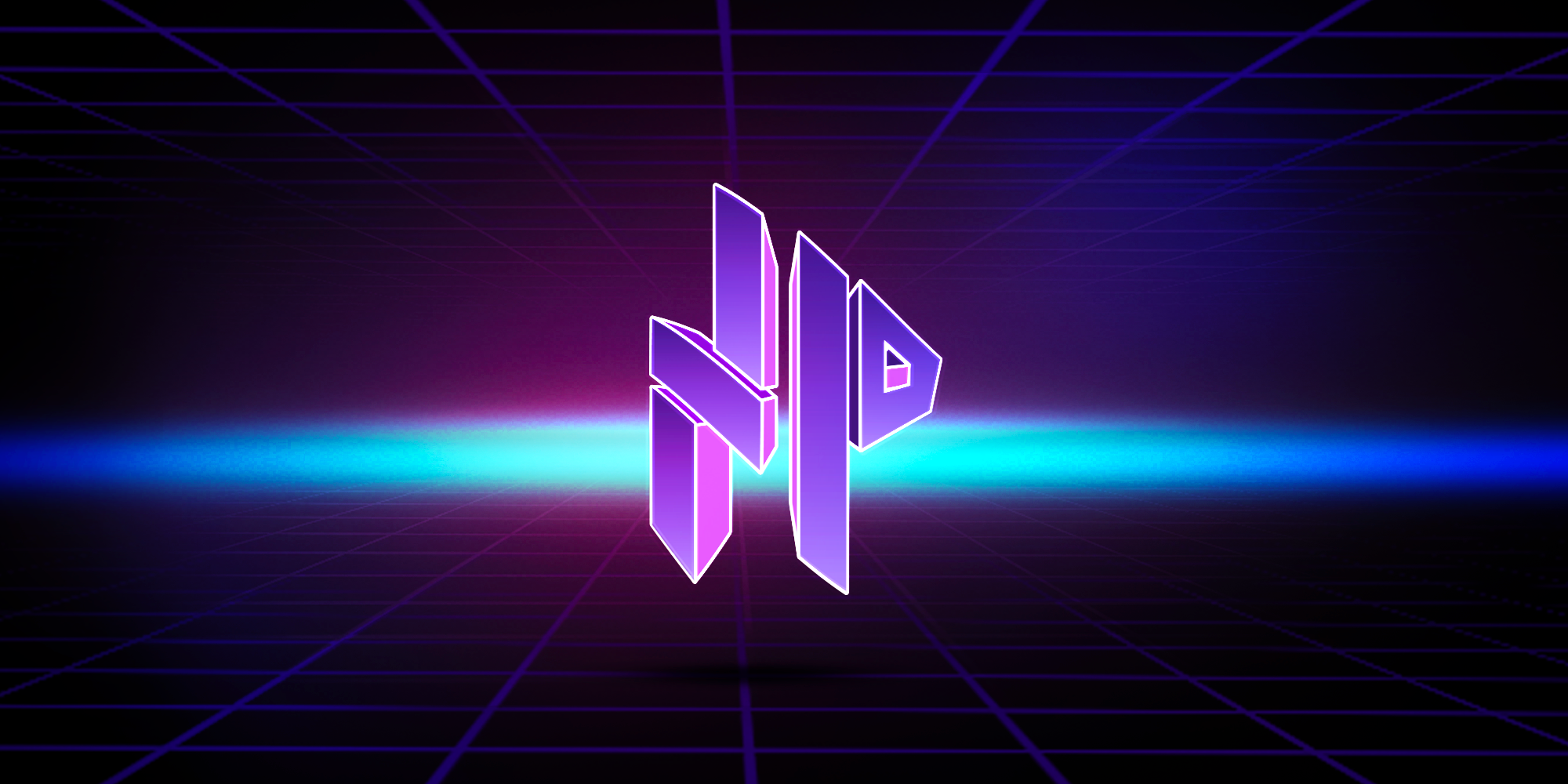
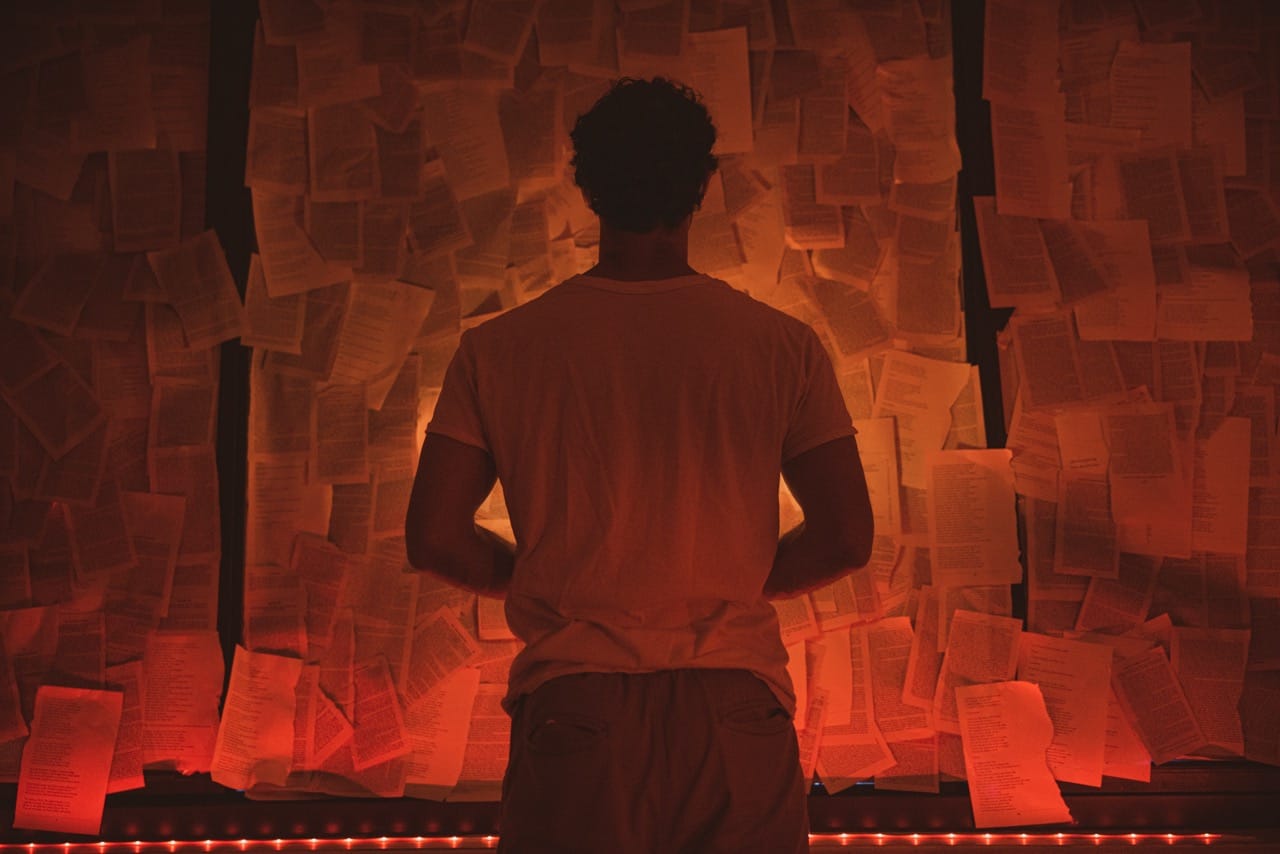
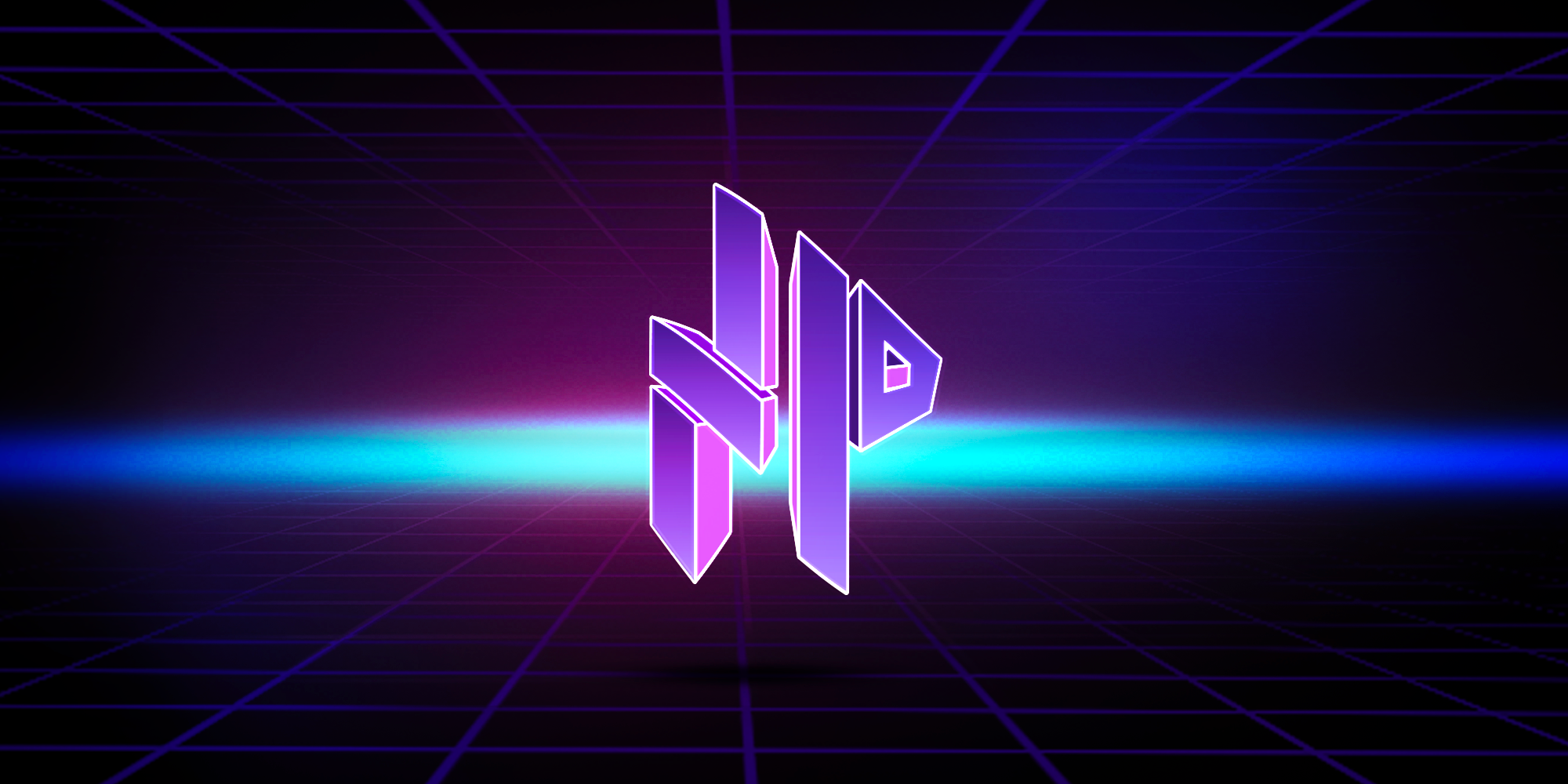
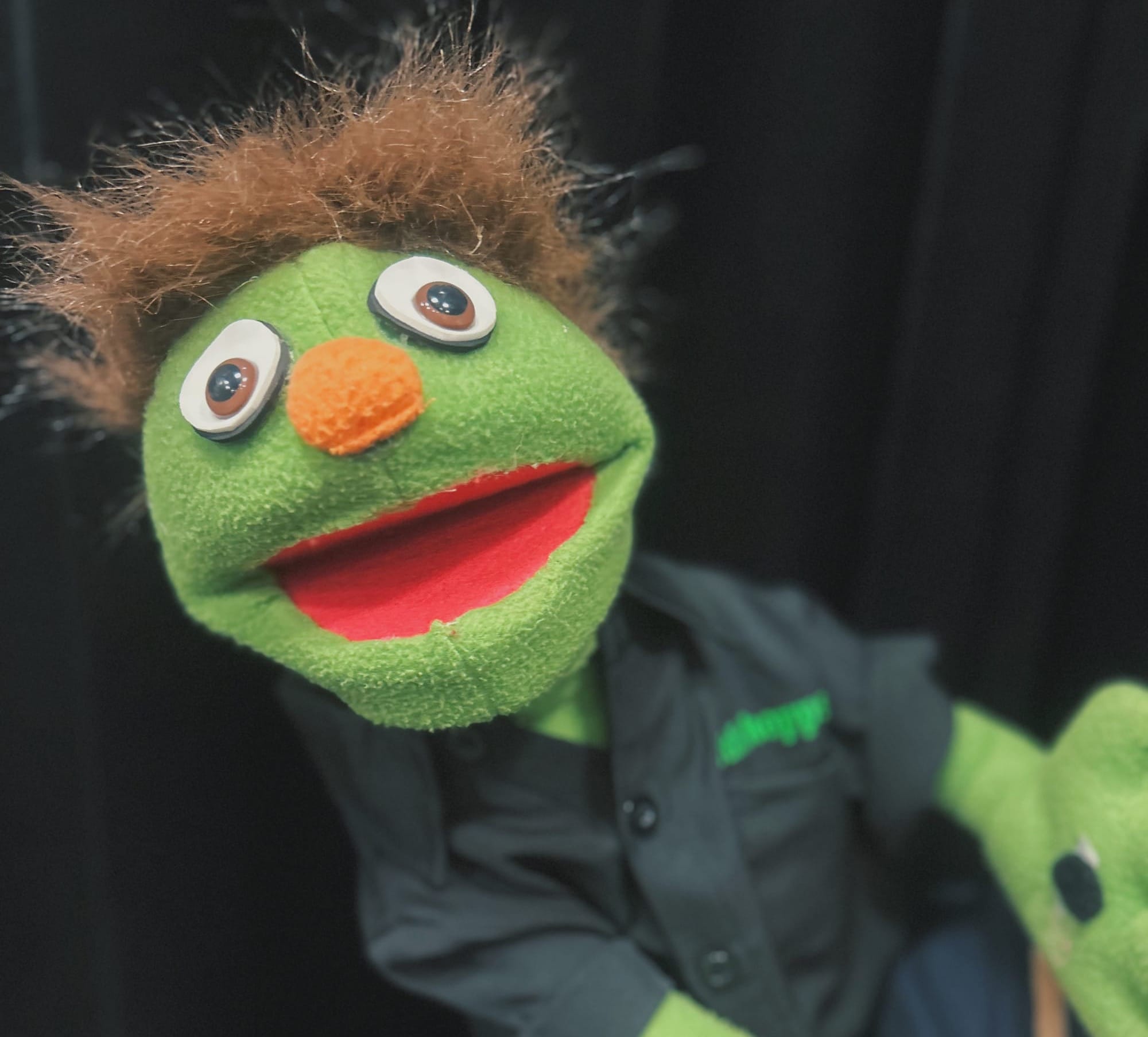

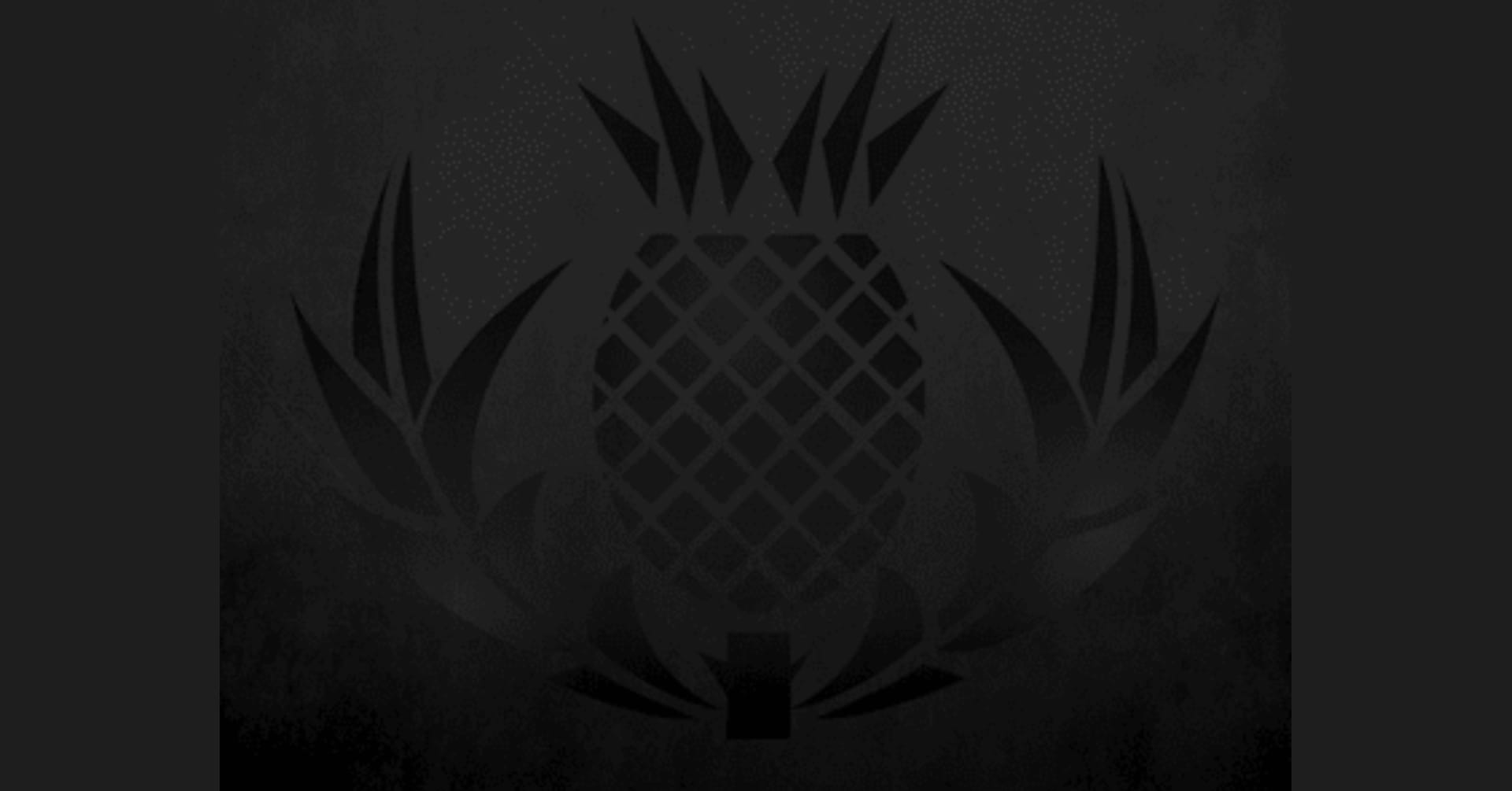
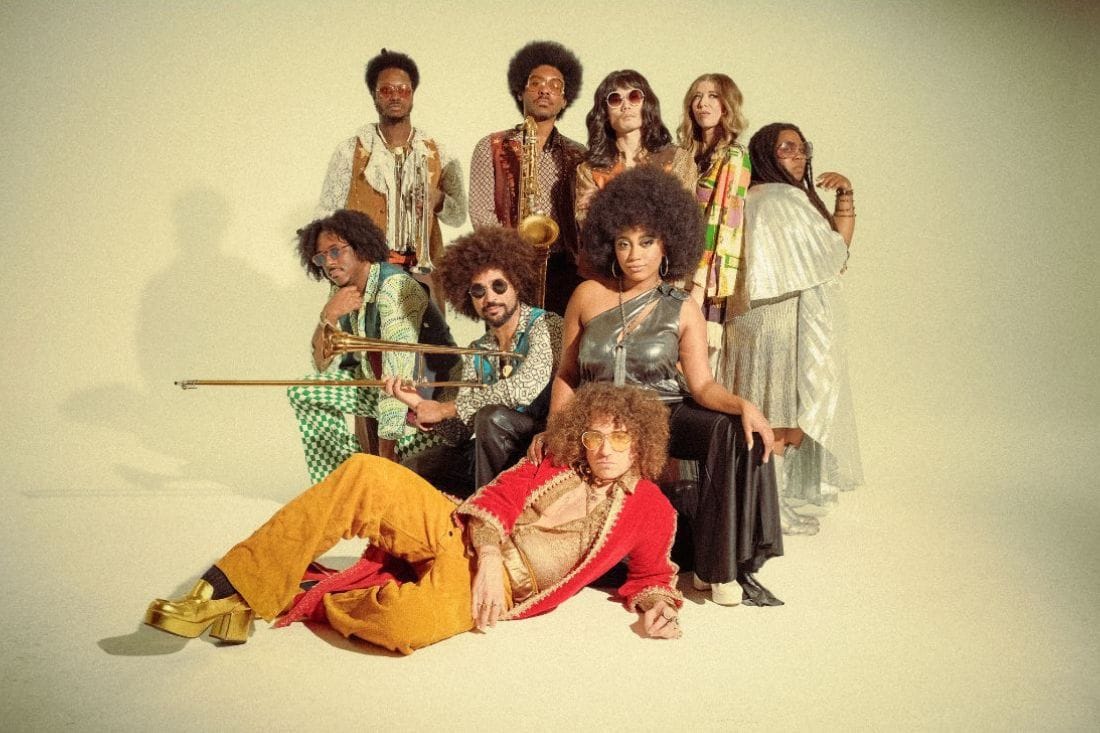
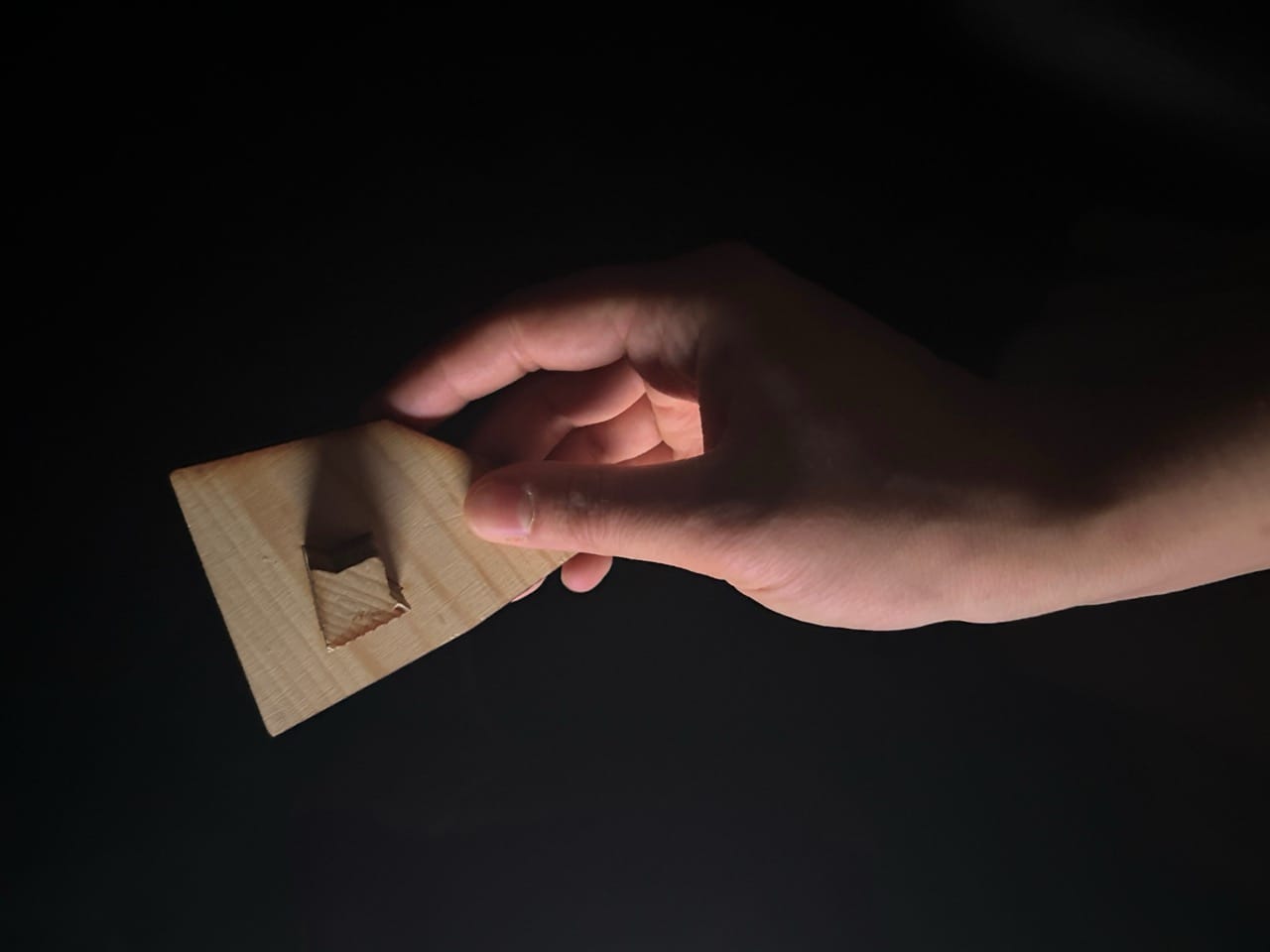
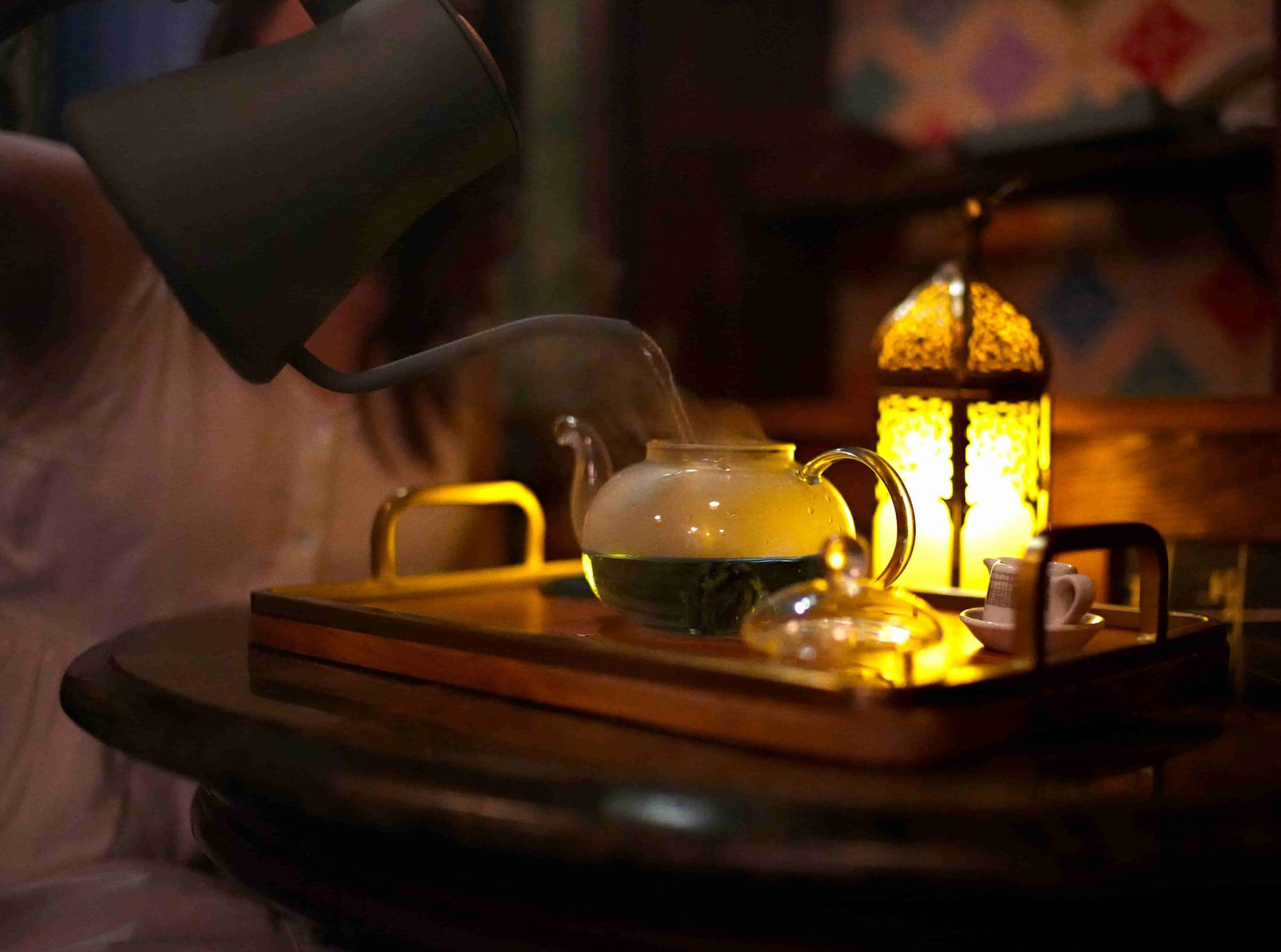
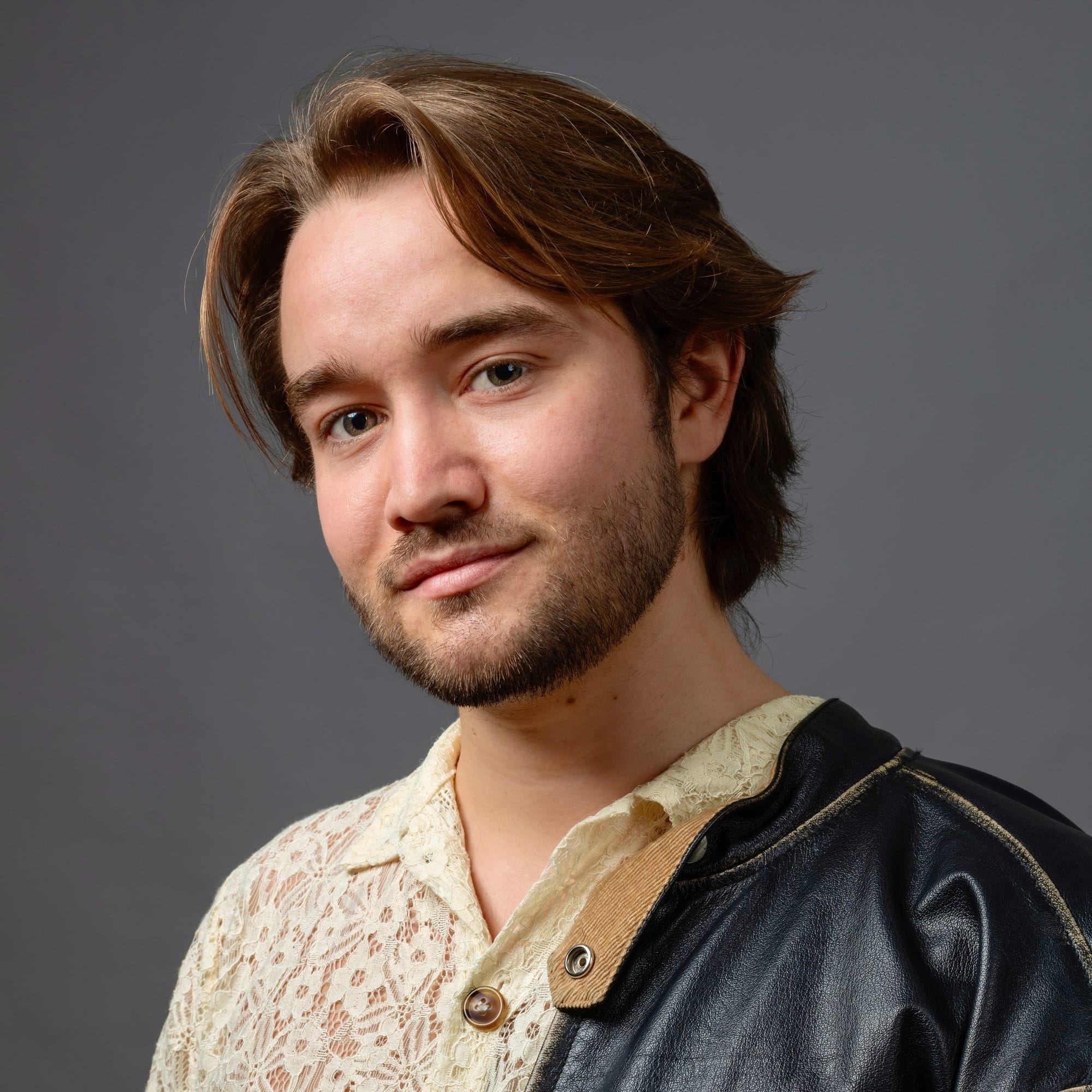
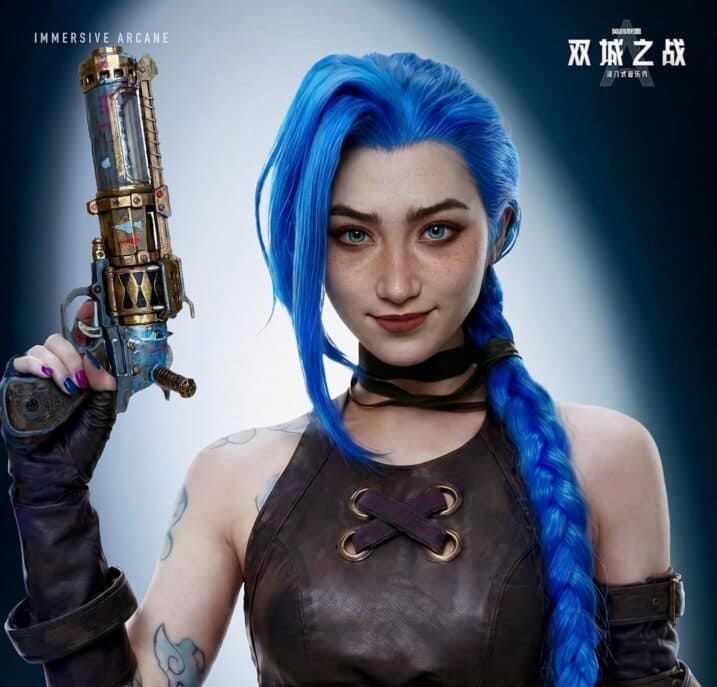


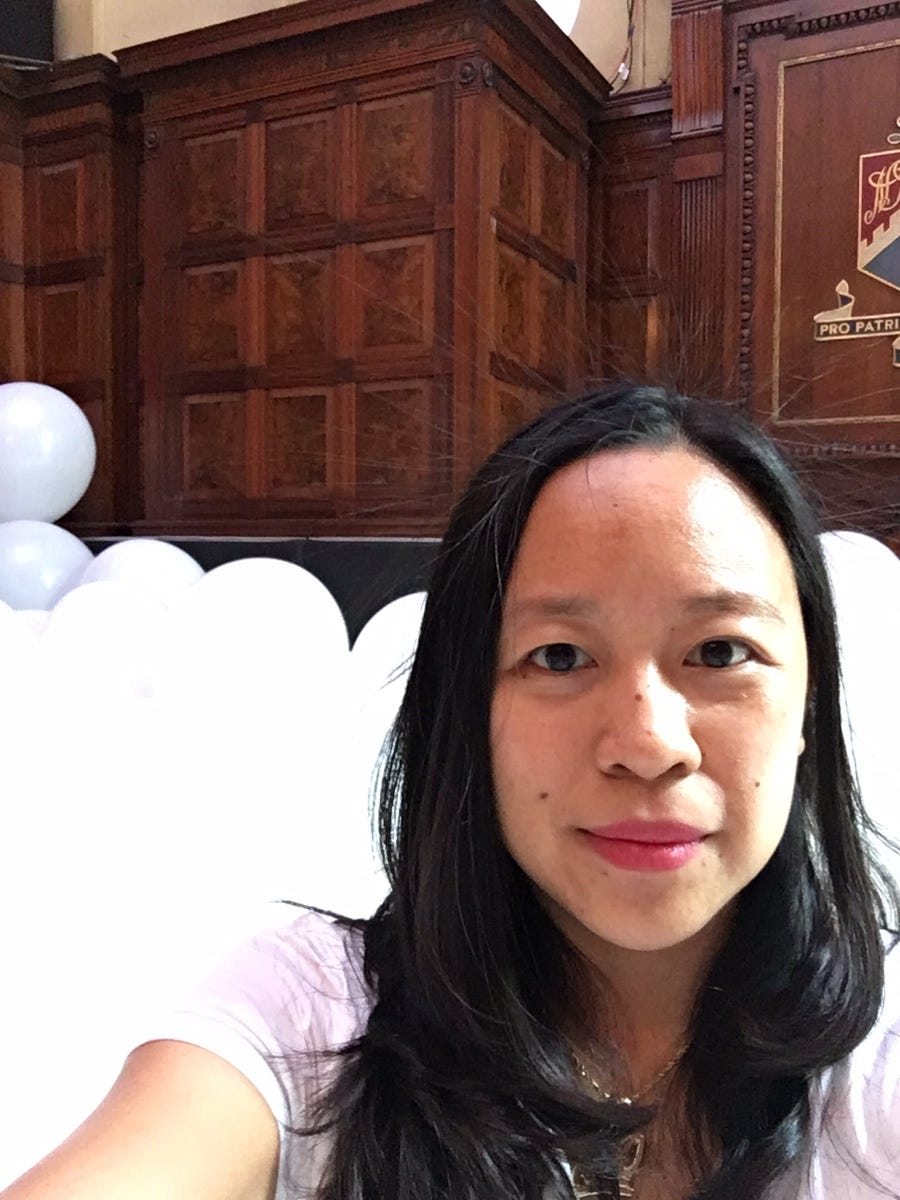
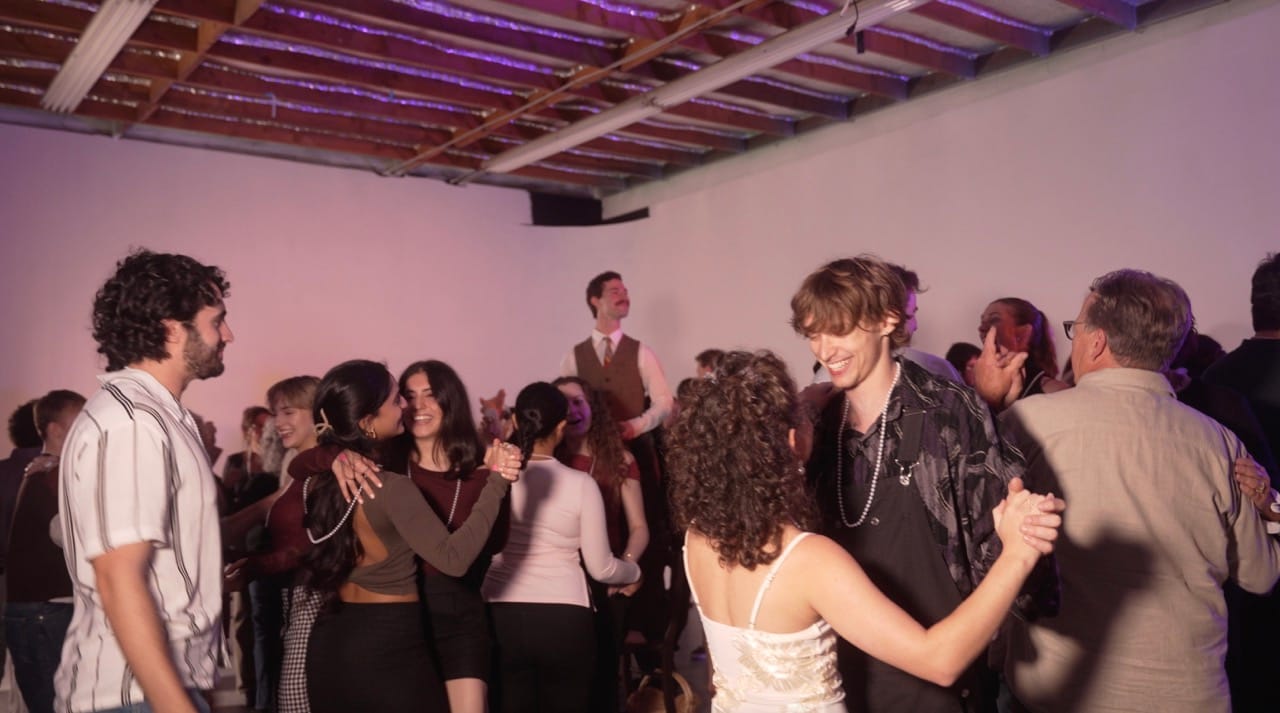
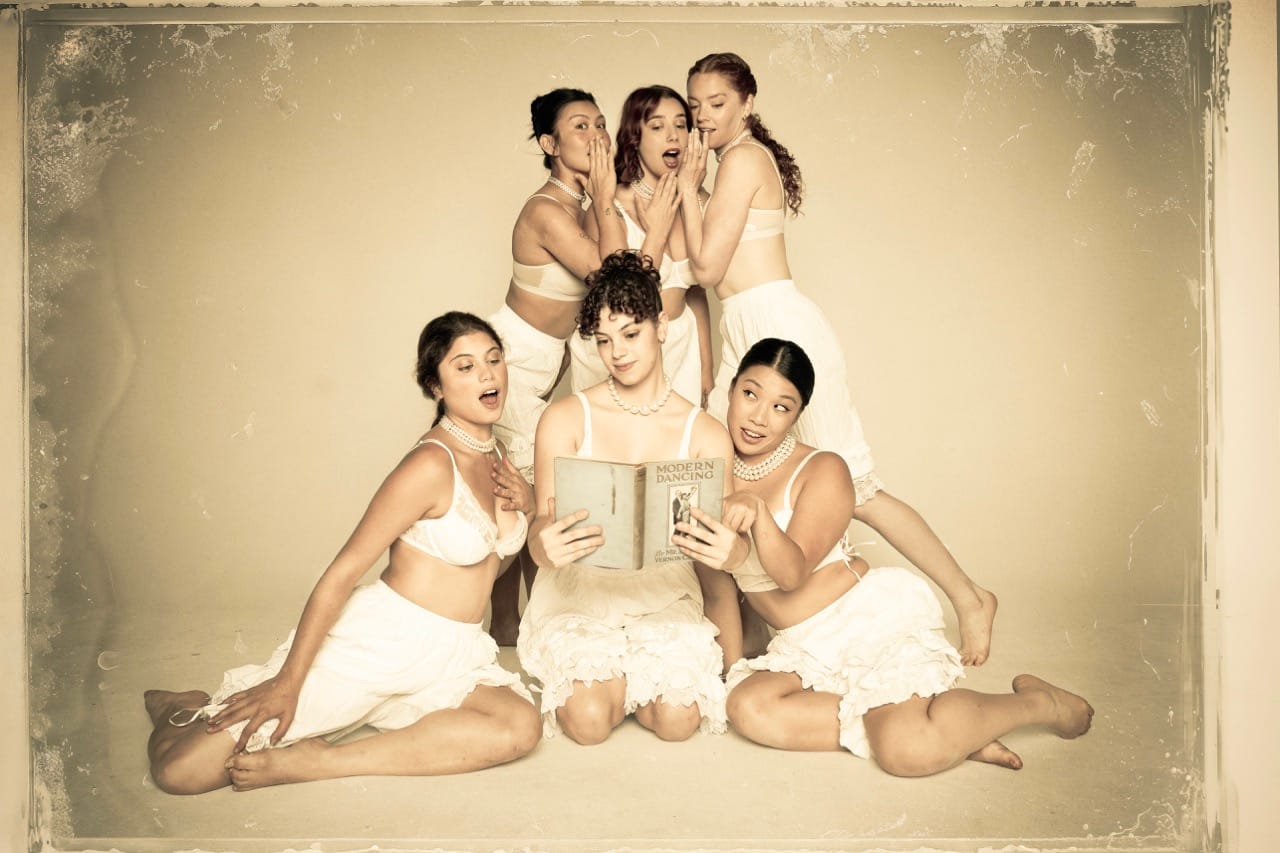
Discussion